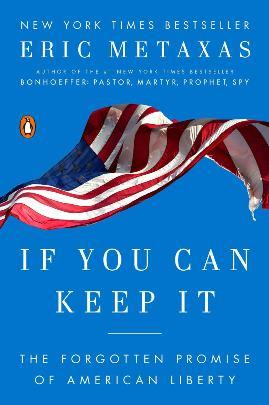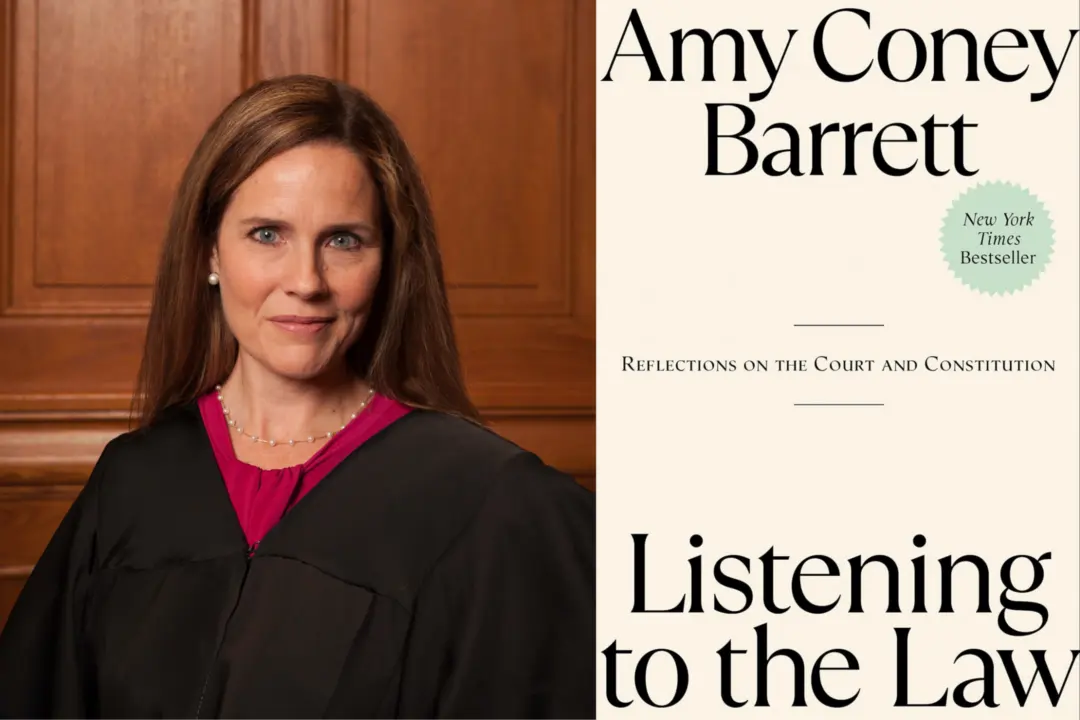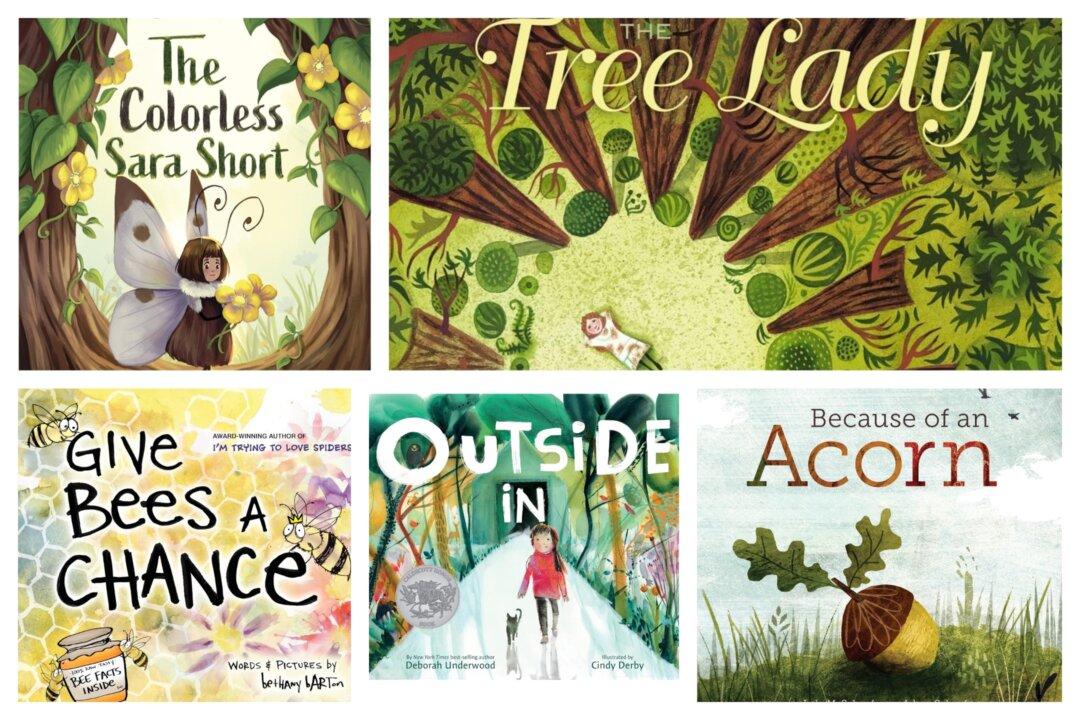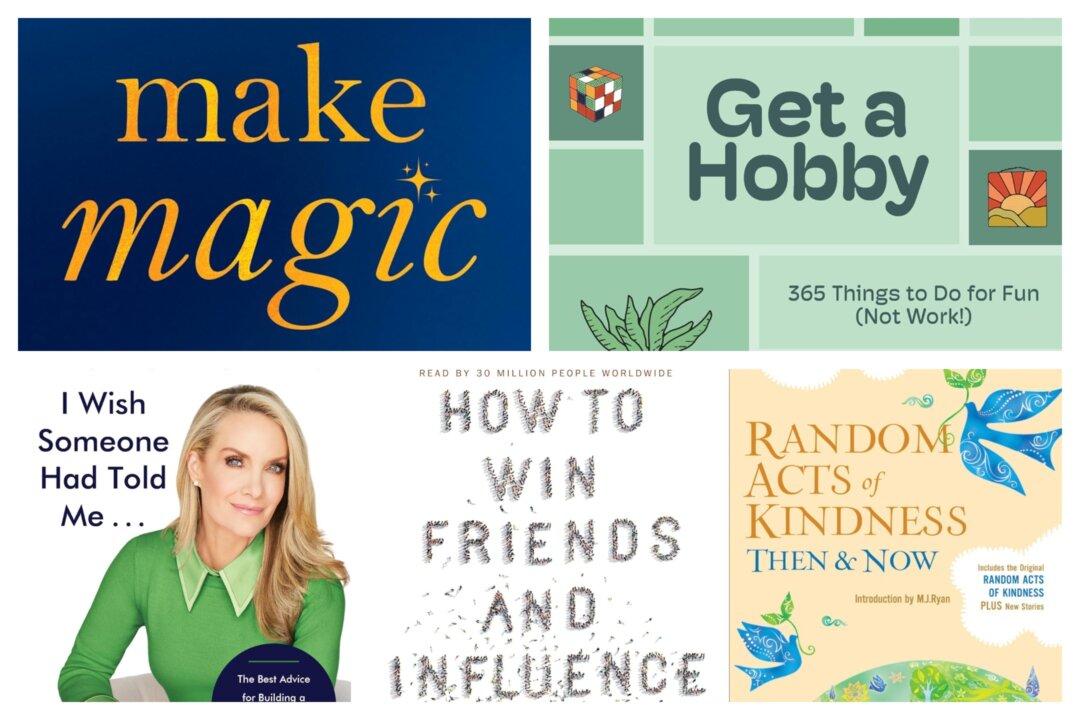The Fourth of July is an exciting ritual of summer—barbecues, parades, and fireworks. Yet the true meaning of Independence Day is to recall the adoption of the Declaration of Independence. This document marks the first time in history that a people thought enough of themselves to put forward the idea of governing themselves. Our nation today is united not by race, religion, political beliefs, or national origin—but by an ideal.
George Washington called our nation the great experiment: “The establishment of our new government seemed to be the last great experiment for promoting human happiness by reasonable compact in civil society.”
Our first president knew that liberty would not survive if decisions were made without understanding our noble American ideals. Although America is a work in progress, it is entirely appropriate to learn from our past so that we will continue to uphold the ideal of “we the people.”
American democracy depends on motivated citizens who celebrate our past and build upon it. With this idea in mind, I have chosen some of my favorite, inspiring books on America’s beginnings.
‘If You Can Keep It: The Forgotten Promise of American Liberty’ by Eric Metaxas






